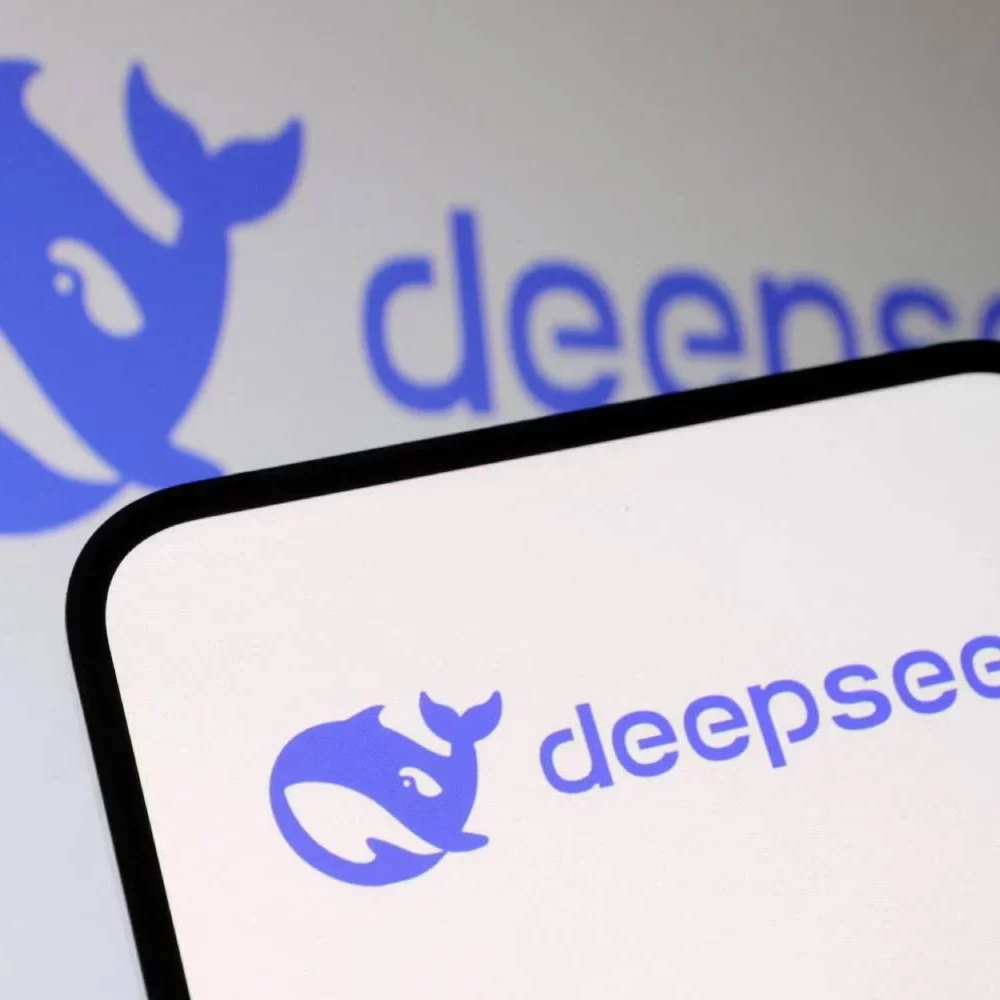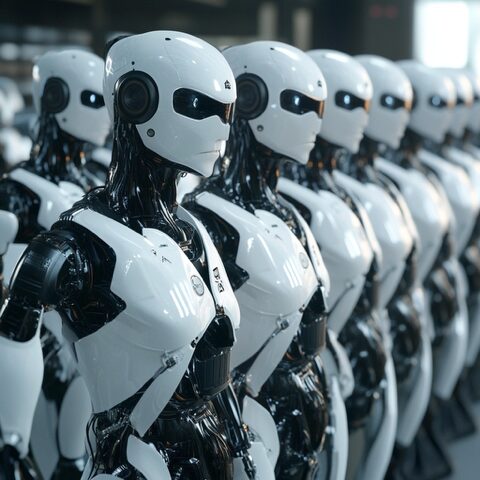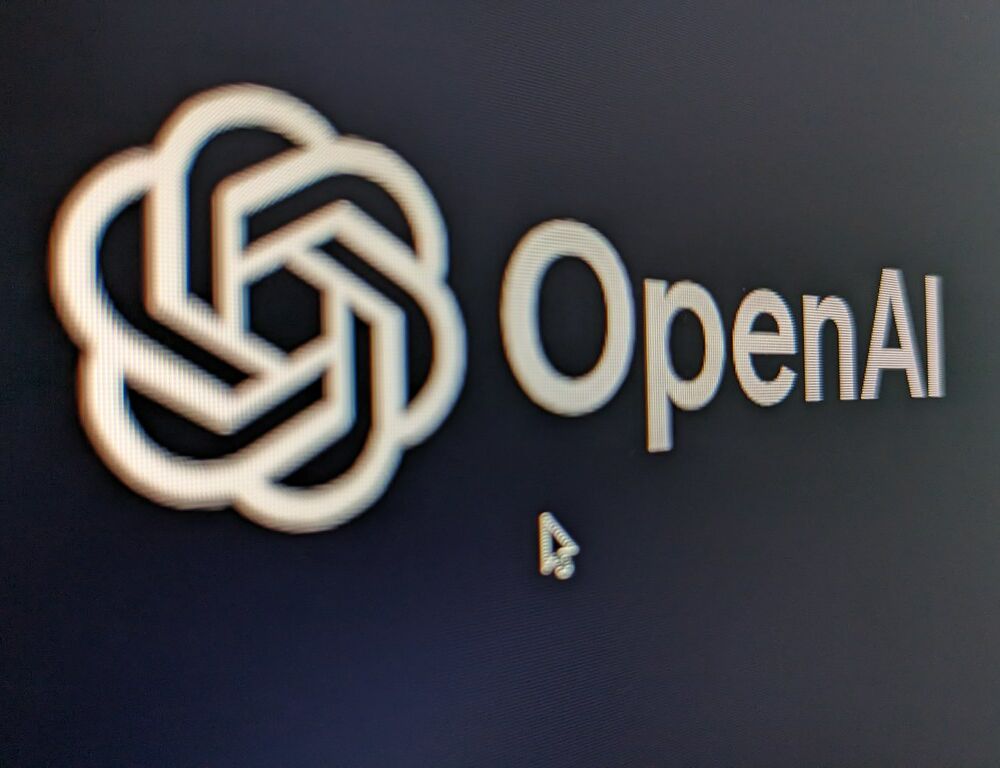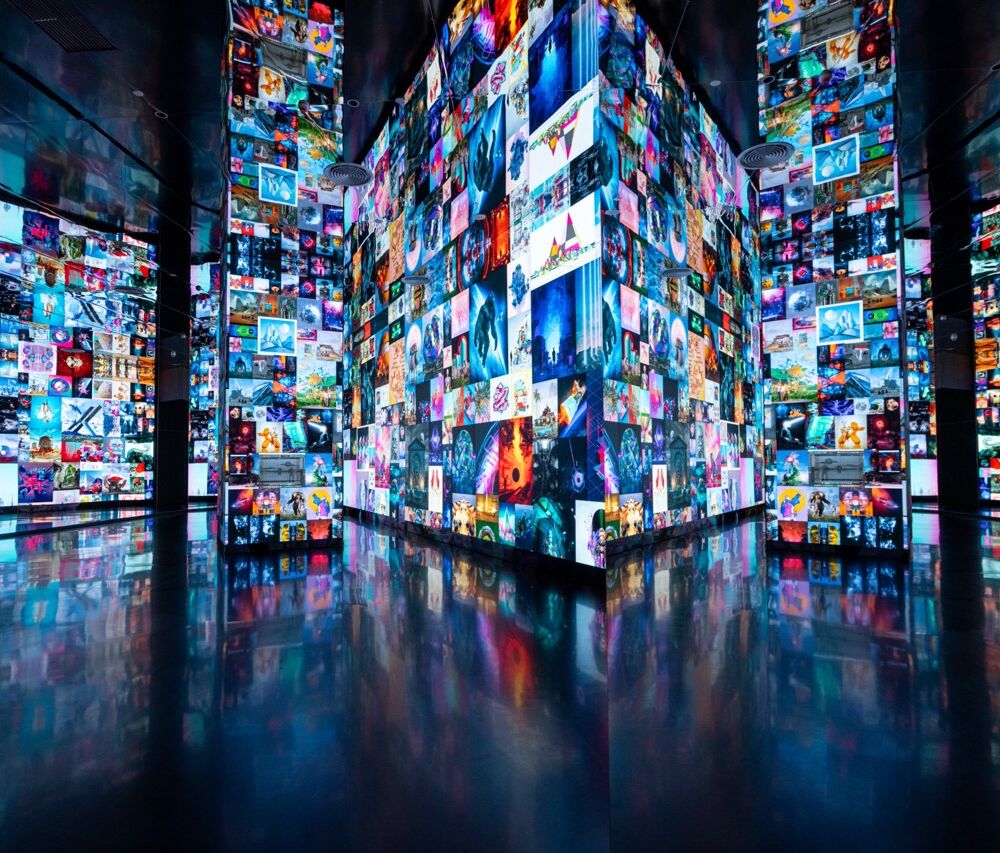New technologies are changing our world forever. The question is: for the better or for the worse?
What are the risks, the shadows, the dangers?
This was evident when Microsoft and OpenAI announced they were investigating whether DeepSeek had obtained output from OpenAI’s technology without authorization, which could constitute a violation of OpenAIs terms of service. David Sacks, an entrepreneur and investor close to Trump, claimed there is “substantial evidence” that DeepSeek “distilled” knowledge from OpenAIs models.
An article by 404 Media highlighted the irony of these accusations, given that OpenAI itself has been criticized for collecting vast amounts of data from the Internet without authorization, sometimes violating the original sources terms of service.
This does not mean that DeepSeek is without its own dark sides or problematic aspects. For instance, there is the issue of censorship concerning facts deemed sensitive by the Chinese state, as well as concerns over data security: DeepSeek recently suffered a major security breach, publicly exposing sensitive user data, chat histories, API authentication keys, and system logs.
Due to the concrete risk to user privacy and the Chinese companys lack of cooperation, the Italian Data Protection Authority has blocked the collection, processing, and storage of Italian user data until the identified critical issues are clarified. It is worth noting that the Authority had taken similar action against OpenAI in March 2023 and, in December 2024, fined the U.S. company 15 million euros for multiple privacy violations.
In short, DeepSeek may not have acted correctly, but it is not the only one. Its innovative featuresincluding its groundbreaking architecture, computational efficiency, energy savings, and open-source approachallow us to envision alternative solutions to the dominant models, which are based on resource exploitation, closed systems, and high profit margins.
Is a graduate in Publishing and Writing from La Sapienza University in Rome, he is a freelance journalist, content creator and social media manager. Between 2018 and 2020, he was editorial director of the online magazine he founded in 2016, Artwave.it, specialising in contemporary art and culture. He writes and speaks mainly about contemporary art, labour, inequality and social rights.













































© COPYRIGHT THE BUNKER 2025. ALL RIGHTS RESERVED.
THE BUNKER MAGAZINE is a registered publisher at the Florence Court Register of Press, n.6214 / 03.03.2025